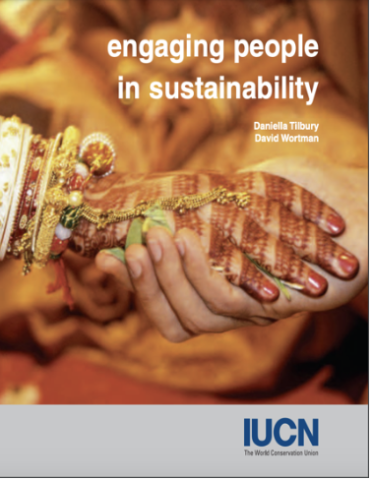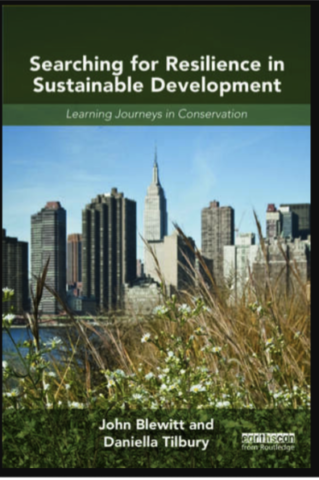Learning our way to sustainability
As part of Gibraltar Literature Week, the Chronicle is publishing book reviews daily. The event organised by Gibraltar Cultural Services includes discussions with local authors live streamed on their Facebook page and talks in schools. Today Daniella Tilbury the Gibraltar Government’s Commissioner for Sustainable Development and Future Generations shares her book recommendations, which includes two books she jointly authored.


No country is sustainable or has come close to becoming sustainable and after decades of action for for sustainability there is still no generic recipe for success. The fact is that sustainable solutions that work effectively in a particular region or setting do not always work in others.
As Robert Prescott-Allen reminds us “making progress towards (sustainability) is like going to a country we have never been to before… We do not know what the destinations will be like, we cannot tell how to get there” (2001).
Given this reality, government, corporations and communities around the globe have come to recognise that
we must learn our way to sustainability. This social learning process often requires actively involving stakeholders, citizens and consumers in defining the direction of travel and evaluating progress regularly. This understanding also explains why sustainability is understood as a reflective process rather than as a message; list of actions to be implemented; or, level to be achieved. The books reviewed below explain these ideas more
fully and concretely.
Engaging People in Sustainability by Daniella Tilbury, David Wortman Change for Sustainability is not easy and has often been described as a snakes and ladders game. This book celebrates the imaginative efforts of people around the world who are actively seeking change towards sustainability. It documents how we need to unlearn our
social ways and well as envision more positive alternatives.
The stories are presented in a framework of good practice to support and inspire others grappling with what this process looks like. They confirm that people need to see and experience change as well as know and understand the issues. The case stories and tools contained in this text are relevant to anyone seeking to engage people in change for sustainability. They are a testament to the ever increasing momentum and worldwide recognition of the critical role learning plays in the attainment of the sustainable development goals.
Searching for Resilience in Sustainable Development: Learning Journeys in Conservation by John Blewitt and Daniella Tilbury Often associated with the climate change agenda, the term ‘resilience' continues to gain
currency in sustainable development circles. The term often appears in international agreements as well as local plans yet it’s value, in this context, is not always clear.
Through a series of wide ranging interviews the authors embark upon a learning journey in an attempt to give meaning to this idea. They explore both robust and fragile ecosystems identifying the role people have played in attaining sustainability. In doing so they give voice to the many different approaches to thinking of and building resilience that may otherwise stay rooted in and confined by specific disciplinary, professional or spatial contexts.
The text documents emerging trends, shifting tactics and future pathways for the sustainable development
movement, arriving at a set of diverse yet connected reflections in relation to the resilience of people and planet. This book is ideal for students and researchers working in the fields of conservation, sustainable development, education, systems thinking and development studies. It will also be of great interest to NGOs and government officers whose responsibilities focus on conserving or reconstructing biodiversity and system resilience.
Daniella Tilbury is a Fellow of the St Catharine’s College, University of Cambridge and UK Government focal point to the UN on matters of sustainability and education.









